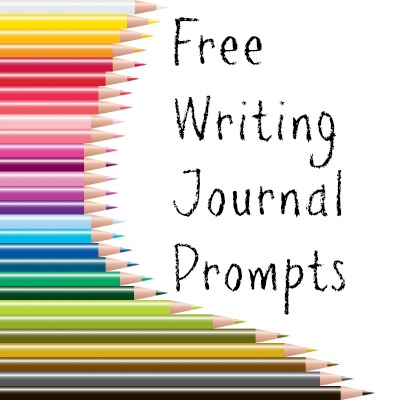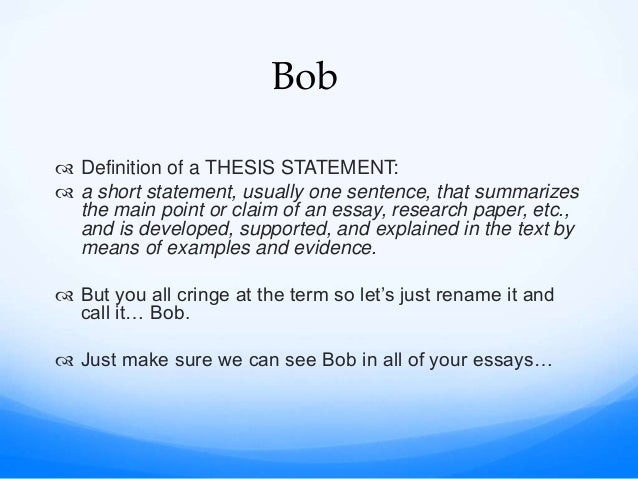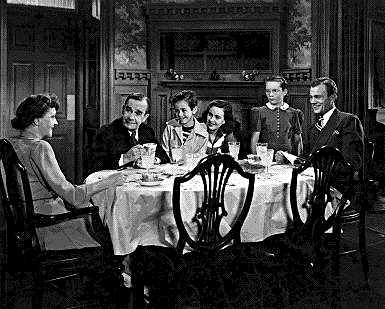Cartographies: contemporary American essays (Book, 1994.
In “Contemporary Cartographies,” now showing at the Lehman College Art Gallery, american cartographies contemporary essay artists use write research essay apa format maps to convey ideas about time, place, and memory Postmodern Cartographies: The Geographical Imagination essay on sardar vallabhbhai patel in hindi in Contemporary American.
COVID-19 Resources. Reliable information about the coronavirus (COVID-19) is available from the World Health Organization (current situation, international travel).Numerous and frequently-updated resource results are available from this WorldCat.org search.OCLC’s WebJunction has pulled together information and resources to assist library staff as they consider how to handle coronavirus.

Representation and Reclaiming: Cartographies, Mappings, and Images of Altered American Western Landscapes Alan Berger Alan Berger is Assistant Professor in the Department of Landscape Archi- tecture at the Universitv of Colorado at Denver. His research and teaching fOcus on criticism, design theory, and representation. Berger received his.

Book listing pages for Contemporary Music titles. Nostalgia for the Future: Luigi Nono's Selected Writings and Interviews.

This module draws on material in Spanish and will, each year that it runs, explore cultural representations of three contemporary Hispanic cities. The selection will always include at least one Iberian and one Latin American city. Based on the expertise of members of the department, the selection of cities will be made from the following.

Hadia Gana explores the contemporary situation of Libya in this essay, taking into account the country's history of civil strife, a nd asks whether that which constitutes Libya's cultural specificities is sufficient enough for the development of the nation's cultural infrastructures.

William Least Heat-Moon’s Psychogeographic Cartographies Christopher C. Gregory-Guider (University of Sussex) Introduction Maps and mapping strategies play a decisive role in the works of the contemporary American author, William Least Heat-Moon. Born William Lewis Trogdon in 1939, Heat-Moon was named after the iconic European.

He is editor of two volumes, Early American Cartographies (Chapel Hill, 2011) and American Literary Geographies: Spatial Practice and Cultural Production, 1500-1900 (UDP, 2007). His published essays have appeared in journals as different as American Quarterly, English Literary History, Winterthur Portfolio, and American Art, as well as in numerous essay collections that explore early.

This article examines how Native places are made, named, and reconstructed after colonization through storytelling. Storying the land is a process whereby the land is invested with the moral and spiritual perspectives specific to Native American communities. As seen in the oral traditions and written literature of Native American storytellers and authors, the voices of indigenous people.

This essay argues that critical representation lies at the heart of understanding (and finding potential for) reclaiming landscape—an emerging practice of landscape design that will occupy significant acreage in the western United States by the year 2200.

Cartographies of Imagination is an essay about our project MAPLAB, where we develop cartographic imaginaries of Eindhoven with children.The project’s ambition is to show city planners, decision-makers and technologists, how our cities could be different if we consider children as key fellow citizens, rather then future citizens.

Bleeding over Species Lines: Writing against Cartographies of the Human in Queer of Color Fiction Megan Molenda LeMay Configurations, Volume 22, Number 1, Winter 2014, pp. 1-27 (Article).

Mapping movement is a central theme in the texts of canonical as well as lesser known works taught today in classes on “American Literature.” From Christopher Columbus’s letters reporting on his first voyage (1493) to William Byrd’s History of the Dividing Line (ca.1728), from allegorical journey’s such as Mark Twain’s Adventures of Huckleberry Finn (1884) to road novels like.



